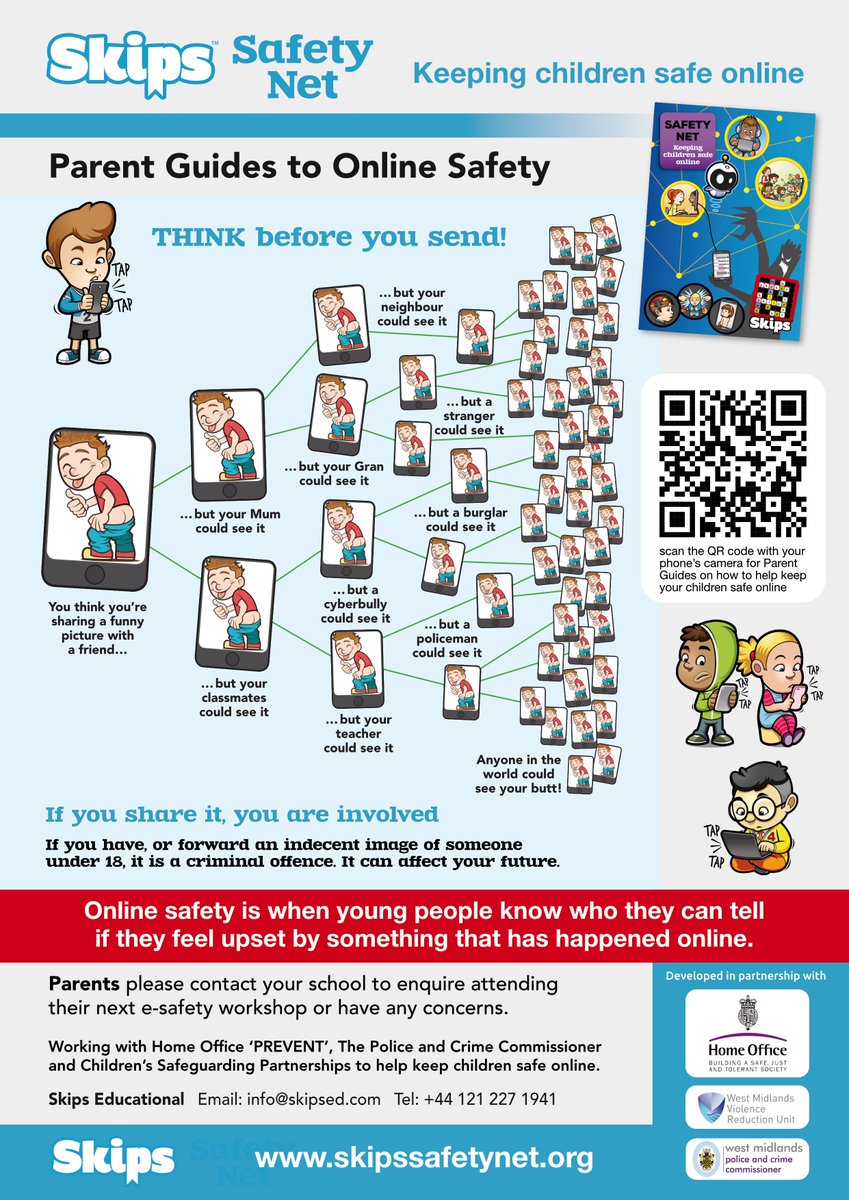Curriculum Intent
Curriculum Intent
”Leaders have a clear vision for an ambitious, academic curriculum. Pupils study a broad range of subjects in depth in both key stages 3 and 4.”
“Capable subject leaders use their subject expertise to plan what pupils need to know, remember and understand. Curriculum plans set out logically how pupils will be taught new knowledge to build on what they covered before.”
Ofsted 2020
Our curriculum intent is to prepare students for further education and/or employment with a broadly academic curriculum, which suits the needs of our students. This is done whilst giving the students some autonomy over their studies, allowing them ownership for their learning.
We aim to create well rounded individuals who appreciate right from wrong and understand British values and what these mean in modern day Britain. Through our focus on PSHEE they will be happy, healthy and safe, whilst learning how to be considerate of others, enabling them to become good citizens via SMSC. The PSHE and SMSC curriculums are adaptive in response to local context and national priorities, as well as to address specific needs of the students at the school.
Students will leave Barton Court with a clear vision of, and prepared for, their chosen future. They will be equipped with the qualifications, knowledge, skills and morals needed to succeed.
Overview
Our innovative and personalised curriculum is designed to meet the needs of every child offering a wide choice of high-quality academic courses, opening up a variety of pathways into further education and the world of work.
During all 3 key stages there is a strong focus on PSHEE and SMSC within our curriculum to support students in being safe and healthy in modern day Britain and have an understanding and consideration of others around them, enabling them to become good citizens; this is done through lessons, the tutor programme, PSHEE sessions, enrichment days and enrichment week.
Barton Court’s status as an Advanced Thinking School means the curriculum is designed and implemented through an educational community in which all members share a common commitment to giving regular careful thought to everything that takes place. This involves both students and staff learning how to think reflectively, critically and creatively, and employing these skills and techniques in the construction of a meaningful curriculum and associated activities. These tools encourage resilience and independence, giving students confidence in their learning. Successful outcomes are reflected in students across a wide range of abilities, demonstrating independent and co-operative learning skills, high levels of achievement and both enjoyment and satisfaction in learning. Embedded within this is a commitment to promoting excellence in literacy and numeracy; so that our students leave us as highly thoughtful practitioners with exceptional literacy and numeracy skills which allow them to showcase their knowledge and understanding.
Our Key Stage 3 curriculum offers a broad and balanced curriculum and is studied over two years. Students study the full range of national curriculum subjects such as Mathematics, English, Science, Languages, Humanities, PE, Technology, the Arts, Computing, Religion, Philosophy & Ethics (RPE) and Careers Education. This provides an excellent foundation for both Key Stage 4 and the Sixth Form. English and Mathematics are taught in ability sets, allowing for stretch of the most able and support where and when it is needed. All other subjects are taught in tutor groups, assisting the students to build good relationships with their peers both academically and pastorally.
At GCSE, all students have the opportunity to study the English Baccalaureate (EBACC). This curriculum recognises that our students are able to pursue a broad range of rigorous academic subjects at GCSE and this is an ideal preparation for Post-16 study and provides all students with a broad range of academic subjects upon which to build any future career options. All EBACC subjects are set on ability, allowing for stretch of the most able and support where and when it is needed. The curriculum content they study may therefore vary slightly between each set – please see subject curriculum plans for further detail. The 3-year KS4 allows teachers to explore content outside of the exam specification in more detail, giving students an improved grounding in each subject they study and creates inquisitive and eager learners.
At Post-16, students choose from a wide range of Advanced Level and Level 3 BTEC courses, have the opportunity to study the AQA Extended Project Qualification and the AQA Baccalaureate.
At each stage the balance of time given to each subject is planned taking into account the content and level of transferable skills taught within each subject area. Therefore, in general, core subjects have increased curriculum time.
All curriculum areas cater for disadvantaged students through the implementation of our ‘PP Pledge’, this places initial focus on these learners with the mantra of Pupil Premium F1RST, ensuring they are making excellent progress. The small number of SEN students in our school have personalised support and strategies are implemented in all lessons to meet their individual needs.
Structure
Year 7/8: Mathematics, English, Science, French, Spanish, Geography, History, PE, Design Technology (including Food) Music, Art, Drama, Computing, RPE and Careers Education.
Year 9-11: English Language, English Literature, Mathematics, Biology, Chemistry, Physics, French or Spanish, History or Geography, Religion, Philosophy and Ethics, Core PE and two of the following: Art, Computer Science, Design Technology, Drama, Food Preparation and Nutrition, Geography, History, French, Spanish, German, Music, Psychology and Physical Education.
6th Form: Most students study 3 or 4 subjects from the following: A-Level; Art. Biology, Chemistry, Computer Science, Drama, English Literature, French, Film Studies, Geography, Government and Politics, History, Mathematics, Further Mathematics, Music, Philosophy, Photography, Physics, Product Design, Psychology, Sociology and Spanish. BTEC; Applied Science, Business, Health and Social Care and Sport. They are also given the opportunity to study the AQA Extended Project Qualification.
Documents
| Curriculum Intent |
|---|




























